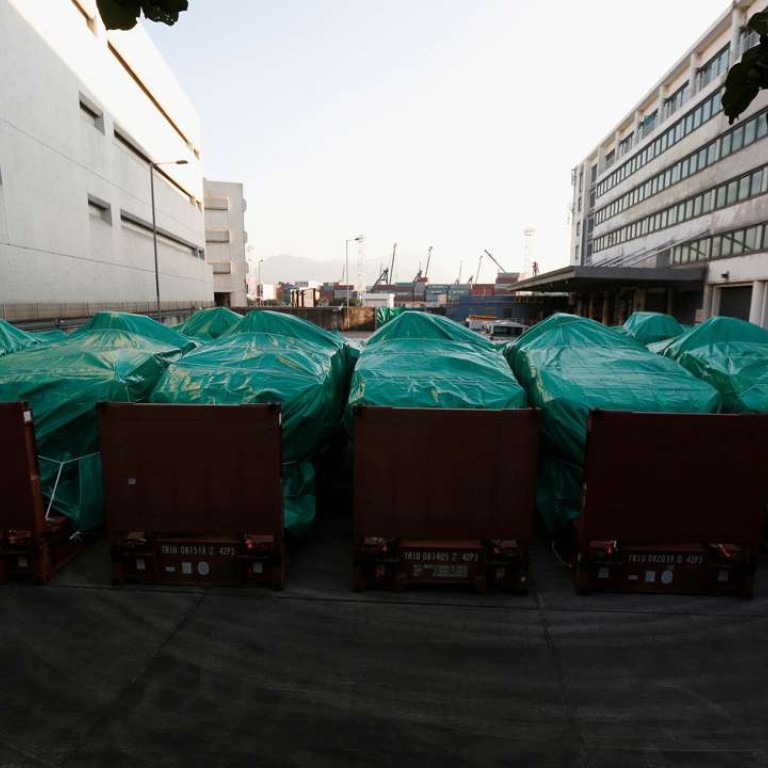
Singapore likely to reduce defence ties with Taiwan over time, analysts say
Shift linked with city-state needing bigger military training bases outside Taiwan rather than pressure from China after the spat over seized armoured vehicles, say analysts
Military exchanges between Taiwan and Singapore are likely to fall over time, but this is more due to the city-state needing more training areas overseas provided by other allies than pressure from China, according to analysts.
Hong Kong’s decision to return to Singapore nine armoured troop carriers seized in November has once again put the spotlight on the city-state’s long-established but low-key military ties with Taiwan.
The armoured vehicles had taken part in a military training exercise on the island before they were seized by Hong Kong customs officials without the right paperwork.
Speculation is rife that the return of the vehicles was the result of a major concession by Singapore to end its four-decade military relations with Taiwan under pressure from the mainland. Beijing views the island as part of its territory and warns all countries against forging political or military ties with the authorities in Taipei.
Analysts, however, have cast doubt over the speculation
“This is not their style,” one military source in Taiwan told the South China Morning Post, adding that
Singapore’s authorities were likely to maintain ties for the foreseeable future.
Philip Yang, the head of Taiwan Association of International Relations, agreed.
Singapore has its “own defence concerns and will not succumb to Beijing’s pressure in ending long-established military exchanges with Taiwan”, he said.
Singapore’s military relationship with Taiwan dates back to 1976 when former prime minister Lee Kuan Yew sought help from Taipei to train its soldiers and officers under the so-called “Starlight Project”.
Beijing has grudgingly tolerated the relationship since Singapore established diplomatic ties with the mainland in the 1990s and recognised the one-China policy, which states Taiwan is part of its territory.
Hong Kong’s seizure of the armoured vehicles was viewed by the media and analysts as Beijing’s warning to Singapore for backing US policy over territorial disputes in the South China Sea. Beijing also used the incident to put pressure on Singapore over its military relationship with Taiwan.
Singapore asserted its position that the vehicles enjoyed sovereign immunity as Singaporean property and could not legally be detained by another country.
Lee Chih-horng, a research fellow at the Longus Institute for Development and Strategy in Singapore, said that although Singapore had reiterated its support for the one-China policy, it was unlikely to bow to mainland pressure over a single incident.
“Singapore is likely to make some adjustments to its military cooperation with Taiwan in the future, like reducing its training activities in Taiwan,” he said.
This was linked to Singapore’s need to find more and larger training bases for its troops beside Taiwan, in nations including New Zealand and Australia.
Lee said Singapore has signed an agreement to use a military training base in Townsville in Queensland which was about the 10 times the size of the city-state.
“Singapore’s military cooperation with Taiwan will continue in other ways, like helping to maintain Taiwan’s warplanes, including F-16s,” Lee said.
Du Ping, a Hong Kong-based political analyst, said military exchanges between Singapore and Taiwan might gradually fade over time due to the city-state’s desire to foster more trade links with China, as US President Donald Trump pursues a more protectionist trading policy.
Additional reporting by Liu Zhen


